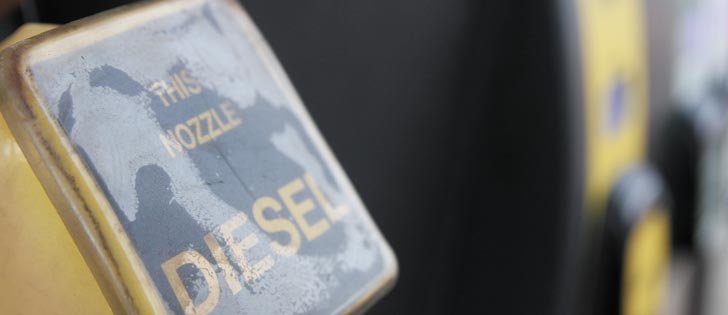Western Canadian farmers don’t need to worry about a price spike for diesel because prices should be flat well into 2017, says a petroleum industry analyst.
Diesel prices at the pump have been 80 to 95 cents per litre across the Prairies since January. Barring a stark change of policy by the Organization of Petroleum Exporting Countries to cut oil production, diesel prices should remain in that range for months.
“(Diesel) prices in Western Canada tend to follow the price of crude (and) there is a glut of crude in the U.S … and everywhere,” said Roger McKnight, senior petroleum analyst with En-Pro, a market intelligence firm in Ontario.
Read Also

Volatile temperatures expected for this winter
DTN is forecasting a lot of temperature variability in the Canadian Prairies this winter. Precipitation should be close to average.
“I could see crude going up in the second quarter of next year but I can’t see anything drastic happening in the meantime.”
Data from the Kent Group, a consultancy specializing in the petroleum sector, indicates that diesel prices in Western Canada increased as crude values rose from US $30 a barrel during the winter to more than $45 per barrel in the late spring and early summer.
For example:
- In Edmonton, the average diesel price was 76.5 cents per litre in February and 90.8 cents in July.
- In Brandon, the average price of diesel was 79.8 cents per litre in February and 95.9 cents in July.
Demand for diesel from the transportation sector has been strong in the United States this year but global supplies of crude remain high.
Crude production by OPEC countries hit a record high in June. Iran is still revving up exports to win back market share it lost under recently ended sanctions imposed over its nuclear program.
Some OPEC countries squeezed by the low crude prices have lobbied the organization to agree to limit production but Saudi Arabia has been against the idea.
Members plan to meet informally in September to discuss production limits but McKnight is skeptical it will bring any change to the current hold steady policy.
“This OPEC meeting they’re rumoured to have in September will get the speculators all going again, but nothing will happen…. They never agree on anything.”
In addition to large crude inventories, the petroleum industry has tremendous stockpiles of gasoline in North America, McKnight said.
That gasoline glut could drag crude oil prices lower.
“What’s going to happen, I think, is there’s going to be an implosion of crude prices…. Refiners are not going to need crude because there is so much gasoline,” he said.
“That’s going to drive down crude prices…. With the lower cost for crude your prices are going to come down for diesel.”
















